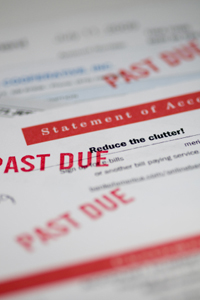Many Americans were forced into a foreclosure or short sale over the past few years due to job loss, decreased incomes and declining home values. The market is recovering now and homeowners who did fall victim to foreclosure or short sale may now be wondering when they will be able to purchase a home. The real estate pros at the Equifax Finance blog addressed this question in the recent article, “
Can I Buy a Home After a Short Sale or Foreclosure?”
According to the article, when is the right question, not if. Homeownership is a smart idea but buyers will have to demonstrate the ability to pay for a mortgage with proof of sufficient and stable income, the willingness to pay based on credit ratings and the ability to provide a sufficient down payment. But when depends on individual circumstances. In order to buy a home again, “you must focus diligently on improving your credit and saving money.” There are five variables that go into your ability to secure financing on a home:
- Duration of delinquency – the longer your short sale or foreclosure proceedings took, the worse
- Deficiency judgments – how much unpaid negative debt you were left with on your
credit ratings after your short sale or foreclosure
- Interest rate – a lower credit score may mean a higher interest rate, which can make a big difference on a major purchase like a home; waiting until you can get a better interest rate can save you thousands of dollars
- Down payment – a higher down payment may be required; some rules require down payments of up to 20 percent (saving that much will take some time)
- Waiting period – many major investors and mortgage insurers have set rules on how long a borrower has to wait after a foreclosure or other housing problem, from two to seven years, depending on your situation
Get the full article on the Equifax Finance blog, and while you’re there, get more personal finance advice on topics like retirement, taxes, credit and more.




